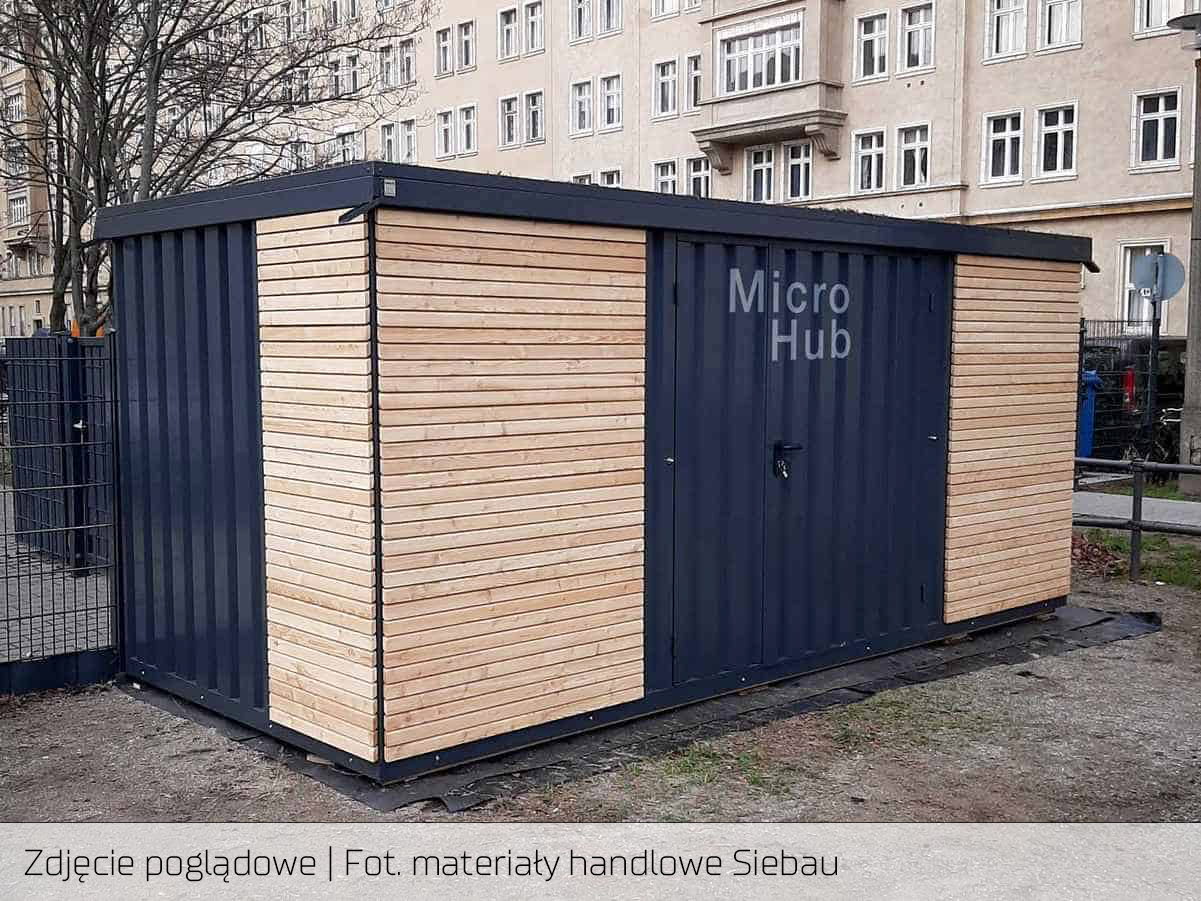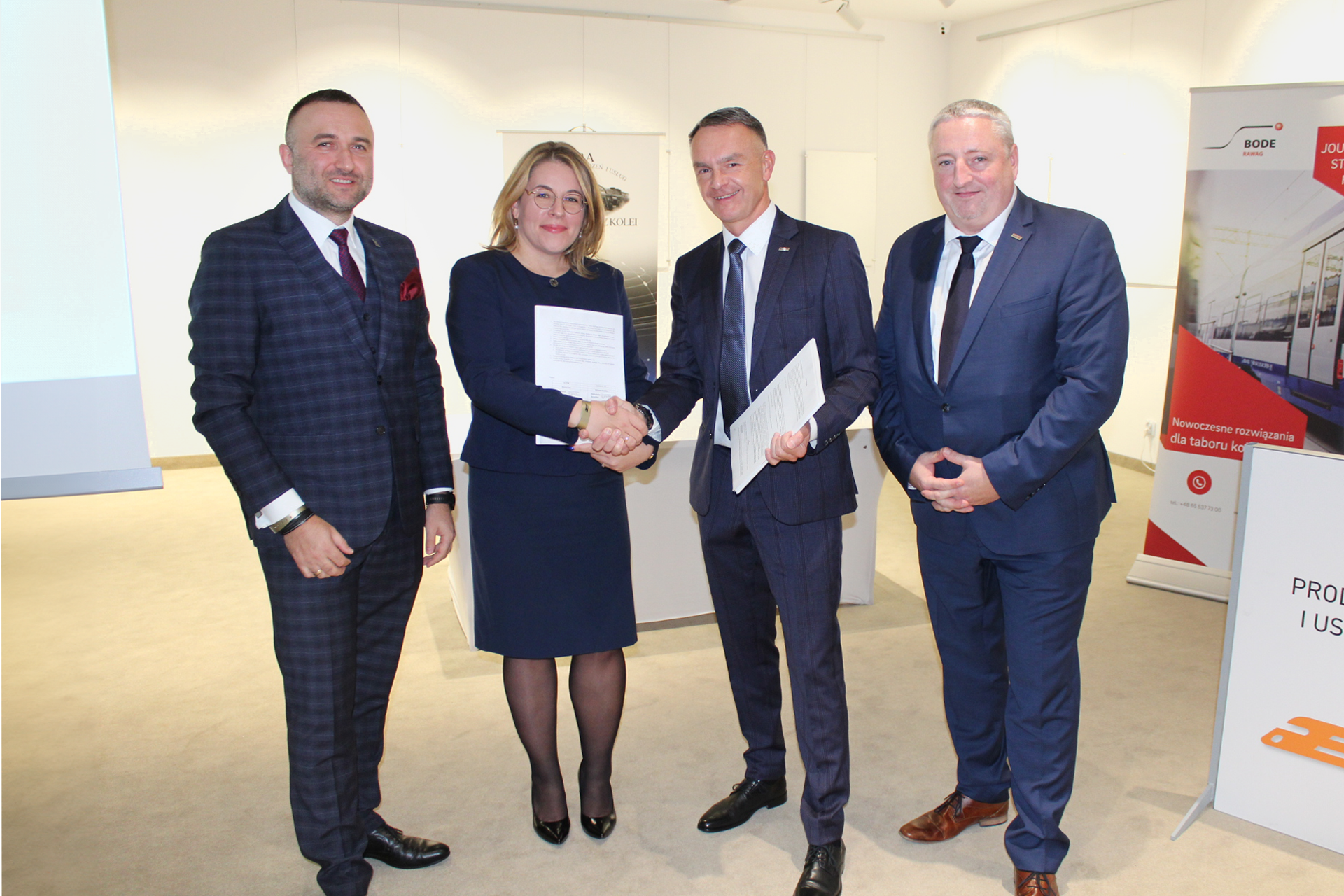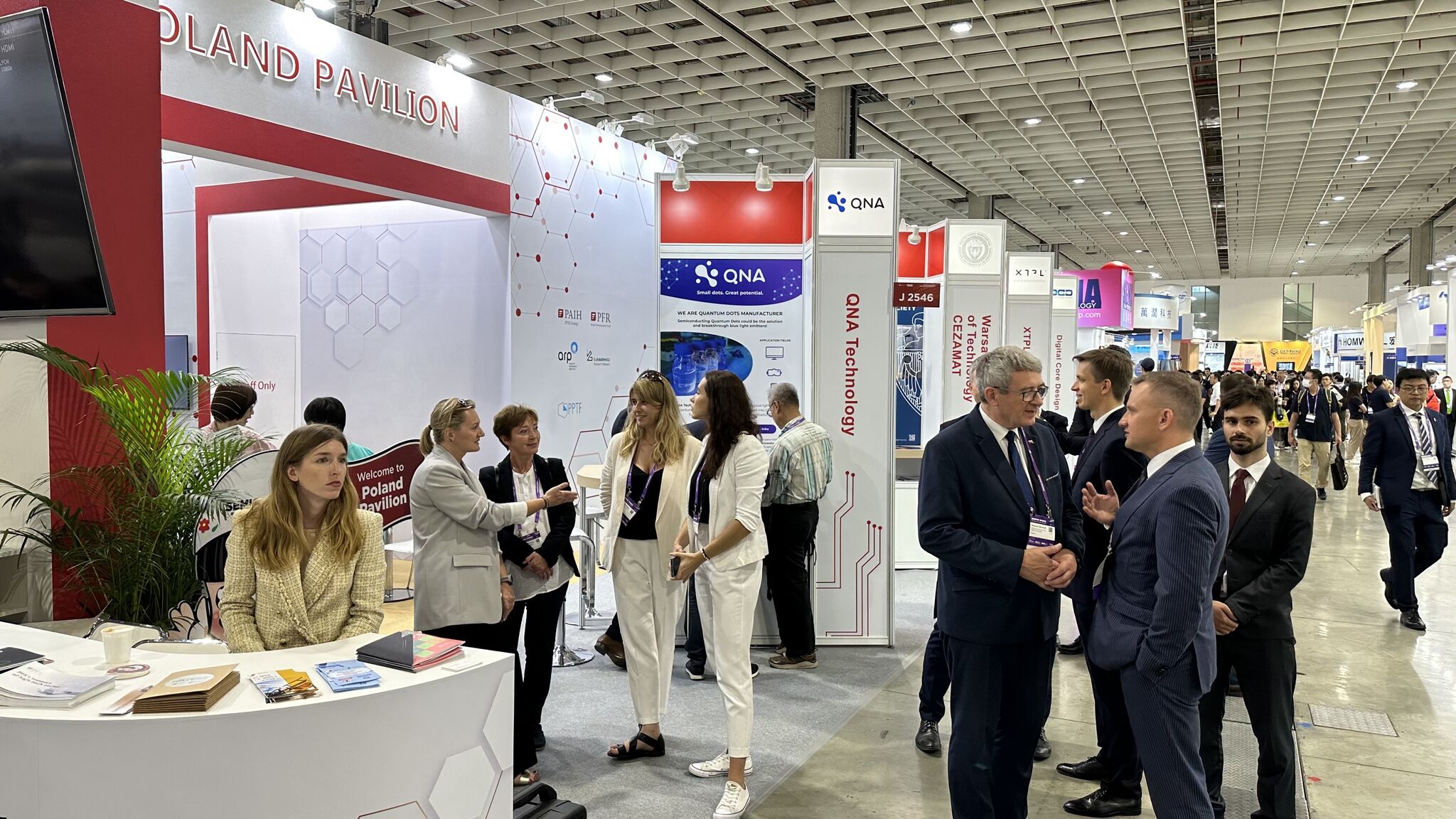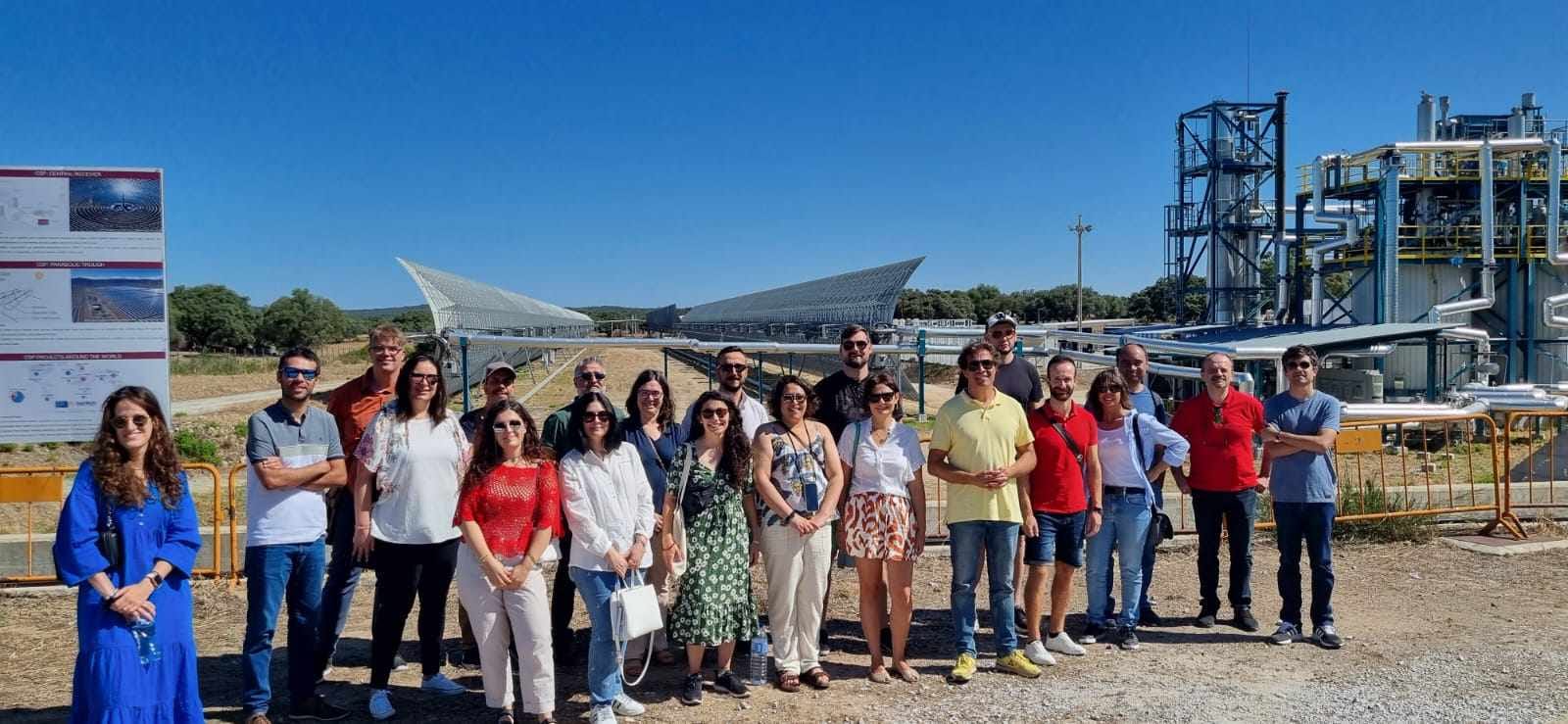Meeting of Food4CE project partners at Łukasiewicz – PIT
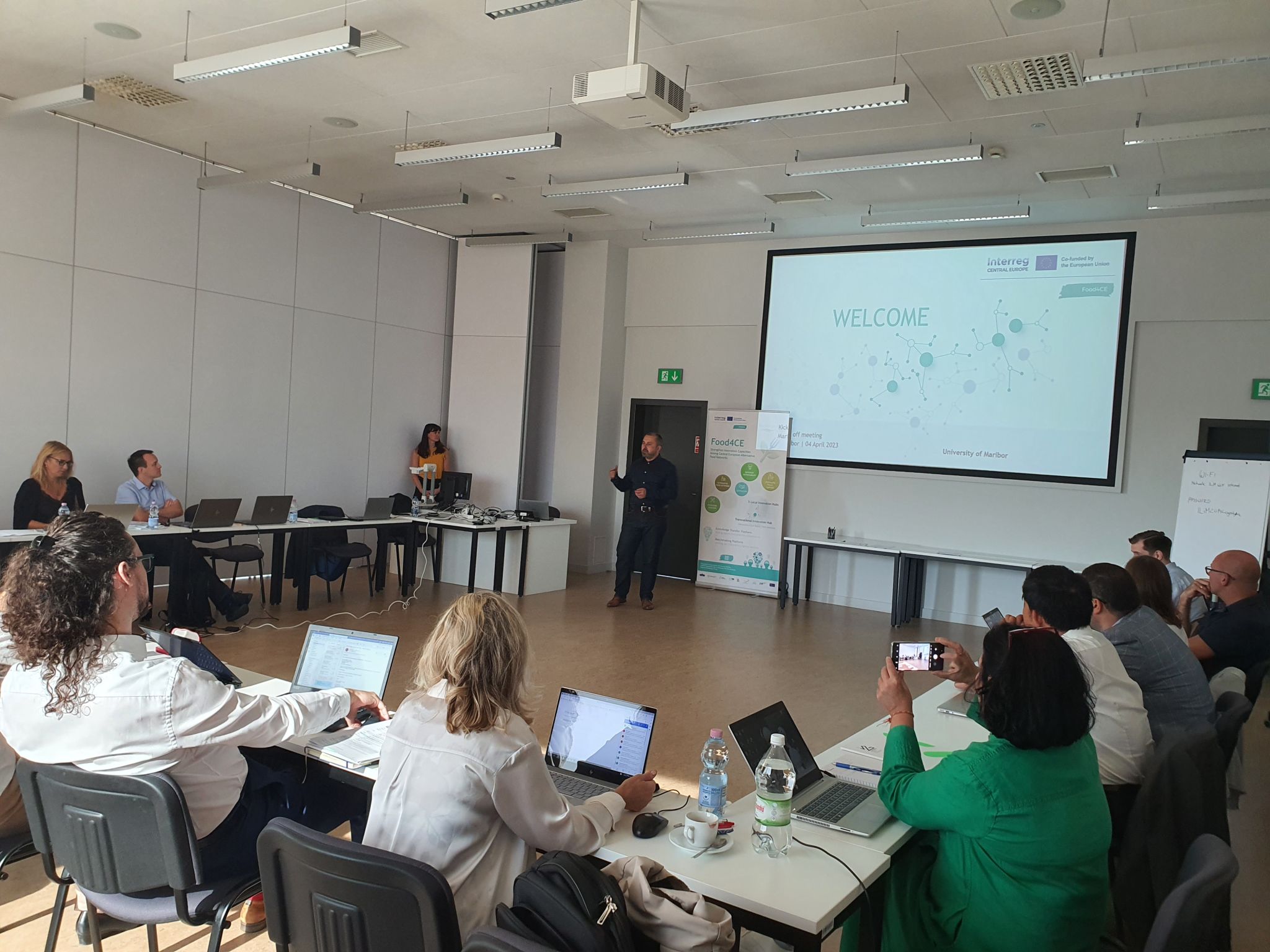
The second meeting of Food4CE project consortium took place on September 12 and 13, 2023, at Łukasiewicz – PIT. The project addresses alternative food networks (AFNs) – short supply chains of locally produced food. The creation and development of AFNs over the last few years results mostly from increased competition due to liberalization of the food market, structural changes and changing consumer behavior. The aim of the meeting in Poznań was to discuss recent activities and to plan further steps to develop tools supporting knowledge transfer about short supply chains.
The coordinator of Food4CE project, financed by Interreg Central Europe, is the University of Maribor. The project partners are: Łukasiewicz – PIT (Poland), Regional Development Agency Podravje – Maribor (Slovenia), Institute for Transport and Logistics Foundation (Italy), Hungarian University of Agriculture and Life Sciences – MATE (Hungary), Poznań University of Life Sciences (Poland), ECONSULT (Austria), UAS BFI Vienna (Austria), and European Network of Logistics Competence Centers – OPEN ENLoCC (Belgium).
In the project, Łukasiewicz-PIT is responsible for the first analytical task, which aims to identify the existing AFNs in regions covered by the project, to classify them, to determine business models of their operation, and to characterize the logistic needs and their solutions. Based on this analysis, the best practices will be selected and shared through a knowledge transfer platform, created within the Food4CE project.
It is also planned to create a matchmaking platform, where all regional stakeholders of AFNs will meet. Both tools will be used by the innovation hubs of short food supply chains, that are being formed within the project.
Participants of the meeting took part in a study visit to Przybroda – Agricultural and Horticultural Experimental Farm of Poznań University of Life Sciences. During the visit, Filip Mazur, Director of the Farm, introduced the participants to the logistic processes and operation of the experimental farm. The next point of the visit was a biogas plant in Pzrybroda, one of the most modern biogas plants in Europe.
